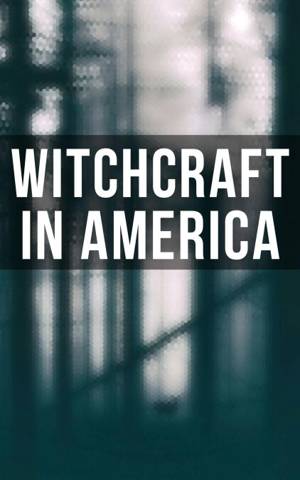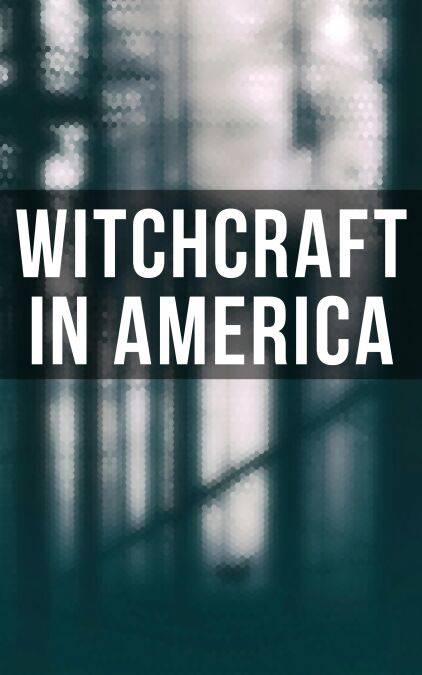
- Afhalen na 1 uur in een winkel met voorraad
- Gratis thuislevering in België vanaf € 30
- Ruim aanbod met 7 miljoen producten
- Afhalen na 1 uur in een winkel met voorraad
- Gratis thuislevering in België vanaf € 30
- Ruim aanbod met 7 miljoen producten
Zoeken
Witchcraft in America E-BOOK
The Wonders of the Invisible World, The Salem Witchcraft, The Planchette Mystery, Witch Stories…
Howard Williams, Frederick George Lee, M. Schele de Vere, Cotton Mather, Increase Mather, Charles Wentworth Upham, M. V. B. Perley, James Thacher, William P. Upham, Samuel Roberts Wells, John M. Taylor, Allen Putnam
E-book | Engels
€ 0,99
Omschrijving
Witchcraft in America is an illuminating anthology that encapsulates the multifaceted perceptions of witchcraft from the colonial era to the 19th century. The collection boasts a rich tapestry of texts that unfold a broad spectrum of literary styles, ranging from trial transcripts and sermons to reflective essays. Its diversity not only showcases the historical depth and transformation of American society's view on witchcraft but also underscores significant works that explore the socio-religious implications of witchcraft accusations and the ensuing trials. The anthology serves as a crucial confluence of historical narratives and personal accounts, reflecting the broader literary and cultural milieu of the times. The contributing authors, including noted historians and clergymen like Cotton Mather and Charles Wentworth Upham, bring a compelling mix of perspectives rooted in their distinct historical and cultural contexts. Collectively, their work aligns with several significant literary and cultural movements, offering a nuanced understanding of the intersections of religion, law, and community in shaping attitudes towards witchcraft. Their writings not only document historical events but also critically analyze the impact of witchcraft on American religious and social frameworks, challenging readers to reconsider popular narratives. Witchcraft in America serves as an essential volume for anyone invested in the deep, often troubling history of social norms and judicial practices surrounding witchcraft in American history. By bringing together seminal works that span several centuries, the anthology offers a unique educational journey through the shifting landscapes of American cultural and religious thought. Readers are encouraged not only to explore these diverse narratives but also to appreciate the dialogues that these texts foster about power, superstition, and the human condition.
Specificaties
Betrokkenen
- Auteur(s):
- Uitgeverij:
Inhoud
- Aantal bladzijden:
- 2032
- Taal:
- Engels
Eigenschappen
- Productcode (EAN):
- 4064066051778
- Verschijningsdatum:
- 17/12/2019
- Uitvoering:
- E-book
- Beveiligd met:
- Digital watermarking
- Formaat:
- ePub

Alleen bij Standaard Boekhandel
Beoordelingen
We publiceren alleen reviews die voldoen aan de voorwaarden voor reviews. Bekijk onze voorwaarden voor reviews.








